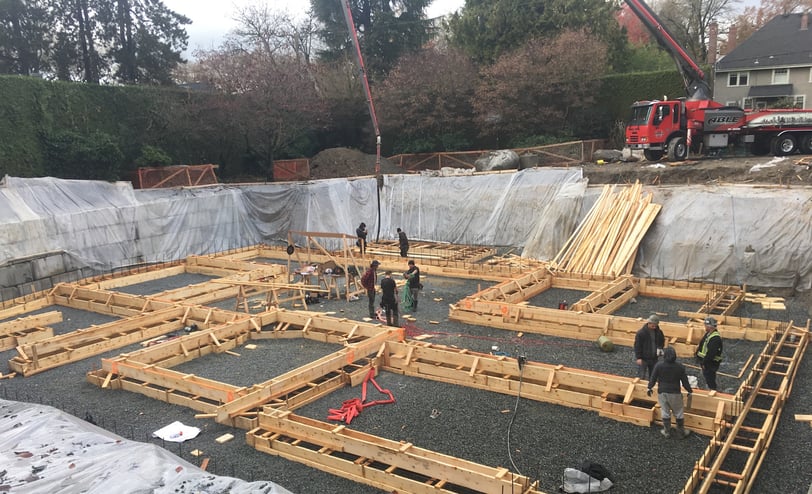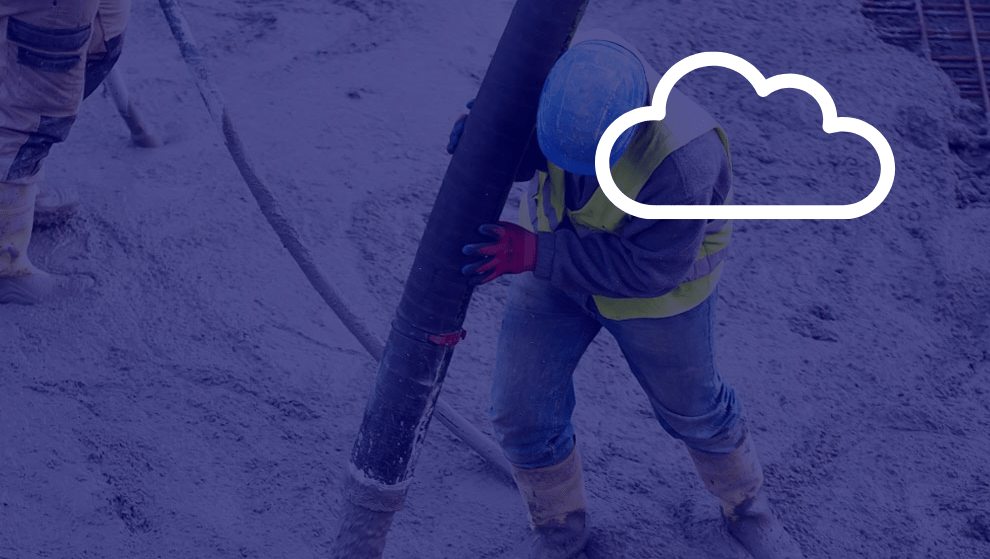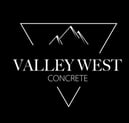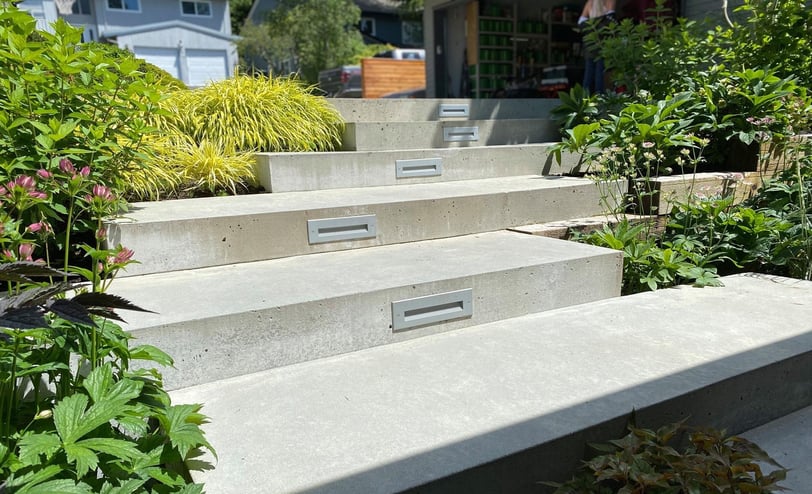Table of Contents
Best Time of Year to Pour Concrete in Kelowna
Can You Pour Concrete in the Winter in Kelowna?
Can You Pour Concrete in the Rain?
Kelowna Temperature & Curing Tips
Other Weather Factors to Consider
Pro Tips for Weather-Proof Concrete Work
Final Thoughts & Local Contractor Advice
Kelowna Concrete Weather Guide: Best Time to Pour + Pro Tips
Kelowna’s unique climate—with hot summers, cold winters, and occasional rainfall—makes weather a key factor when planning a concrete project. Whether you’re pouring a driveway, patio, or foundation, timing and temperature can directly affect how well your concrete sets and how long it lasts.
In this guide, we’ll walk through everything you need to know about pouring concrete in Kelowna’s weather conditions—from ideal seasons to avoidable mistakes in winter and rain.
1. Best Time of Year to Pour Concrete in Kelowna
The ideal time to pour concrete in Kelowna is late spring through early fall (May–October), when temperatures consistently range between 10°C and 25°C.
Why this matters:
Concrete cures best between 10°C and 25°C
Warm weather speeds up curing but reduces cracking risk if managed correctly
Less rain = fewer delays and surface issues
Peak months:
June–September = warm, dry, optimal curing
May and October = workable if temps stay above 5°C
Avoid extreme summer days where temperatures exceed 30°C unless early morning pours and curing blankets are used.
2. Can You Pour Concrete in the Winter in Kelowna?
Yes, but it’s risky and requires special measures. Kelowna winters can dip well below freezing, which interferes with curing and can ruin the slab.
Challenges of winter pours:
Concrete can freeze before it sets properly
Surface scaling or cracking is common
Extra labor and materials increase cost
If you must pour in winter:
Use hot water mixes
Add accelerators and air-entraining admixtures
Use thermal blankets or enclosures
Avoid pours below -5°C
💡 Always hire a contractor with winter pour experience—this is not a DIY-friendly season for concrete.
3. Can You Pour Concrete in the Rain?
Light rain isn’t always a dealbreaker—but timing and protection are critical.
Rain-related risks:
Water weakens the surface layer
Can cause dusting, scaling, and surface cracking
Delays finishing work, leaving concrete vulnerable
If rain is expected:
Use plastic sheets or tarps to cover the pour
Schedule early morning pours (less likely to rain)
Never finish or trowel wet concrete that's been rained on
If rain hits after the surface has set (4–6 hours), it’s usually not a major issue. Pouring during active rainfall, however, is a major risk to the finish quality.


4. Kelowna Temperature & Curing Tips
Concrete gains strength over time, especially in the first 7 days. Weather plays a big role in that process.
Optimal curing temperature: 15°C to 23°C
Cold temps (<5°C): Slows curing and increases cracking risk
Hot temps (>28°C): Can cause shrinkage and early cracking
Humidity: Moderate humidity is ideal; dry, windy weather causes rapid evaporation
Curing strategies:
Use curing blankets in cold weather
Mist surface or use curing compound in hot weather
Don’t strip forms too early
5. Other Weather Factors to Consider
Besides rain and temperature, other local conditions can impact your pour:
Weather Factor Impact On Work
Windy conditions. Can lead to cracking
Morning frost Can delay work
Dust/pollen (spring). Can affect finish
6. Pro Tips for Weather-Proof Concrete Work
Always check the 3-day weather forecast before booking your pour
Use early morning pours in summer, and midday pours in fall/spring
Avoid DIY in extreme temps—hire a local pro
Add control joints to prevent weather-related cracks
Use sealers to protect finished surfaces from freeze/thaw cycles
7. Final Thoughts & Local Contractor Advice
Kelowna's weather adds unique challenges to concrete projects—but with the right timing and precautions, you can get excellent, long-lasting results. Whether you’re installing a decorative patio or a structural foundation, working with a local concrete expert who understands seasonal timing is key.
Need guidance? Valley West Concrete offers free quotes and local insight into the best time to start your project—rain, shine, or snow.
Valley West Concrete © 2024. All rights reserved | British Columbia concrete services Website designed & managed by: Debut Marketing


Business Info
About Us
Services
Phone Number: 250-575-1730
Address: 2425 Crestview Rd, West Kelowna
Email: info@valleywestconcrete.com
Valley West has been creating the foundation on which BC has been built for over 15 years. Building relationships and trust with our communities through every project.
Driveways
Patios
Sidewalks
Repairs
Stairs
Forming
Decorative
Retaining Walls
Architectural






